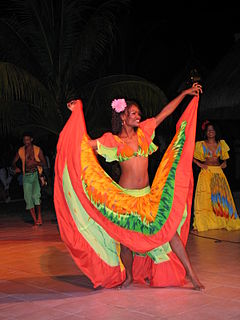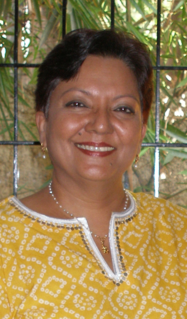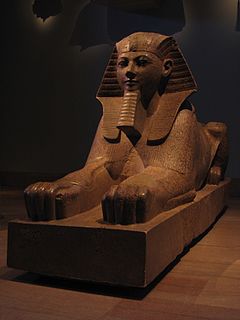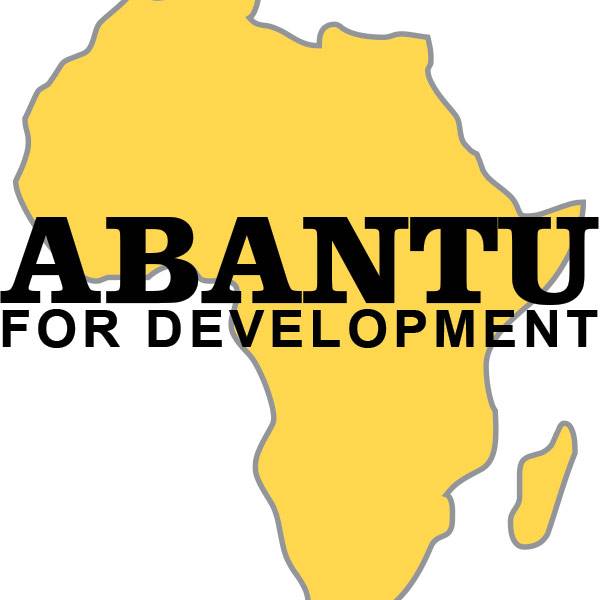Related Research Articles
Gender mainstreaming is the public policy concept of assessing the different implications for people of different genders of any planned policy action, including legislation and programmes, in all areas and levels. Mainstreaming essentially offers a pluralistic approach that values the diversity among people of different genders.

Women in Mauritius refers to the social demographic of women in Mauritius. Women's role in Mauritian society changed throughout the 20th century. Historically, Mauritian culture maintained patriarchal power structures, in domains inclusive of family and work life. Women's contribution in the workforce increased due to the creation of 'Export Processing Zone', by the Mauritian Government. This shift resulted in a surge in 'dual-earner' and working single-mother households.

Das Megaphon is a street newspaper sold by homeless in Graz and other cities in Styria, Austria. It was started in October 1995 and is run by Catholic charity Caritas. The paper is published monthly with a circulation of about 13,000 copies. It is sold mostly by Nigerian and Liberian male refugees. Megaphon was one of the street papers initiating the Homeless World Cup in 2001 and hosted the first cup in 2003.
Caroline Olivia Nonesi Moser is an academic specializing in social policy and urban social anthropology. She is primarily known for her field-based approach to research on the informal sector generally - but particularly aspects such as poverty, violence, asset vulnerability and strategies for accumulation in the urban setting. Gender analysis is central to her approach. She has looked at many countries, but the Americas have been her main interest. Countries studied closely include Colombia, Ecuador, Guatemala and Jamaica.

The United Nations Entity for Gender Equality and the Empowerment of Women, also known as UN Women, is a United Nations entity working for gender equality and the empowerment of women. UN Women advocates for the rights of women and girls and LGBTIQ+ rights, and focuses on a wide array of issues, including violence against women and violence against LGBTIQ+ people.
The Harvard Analytical Framework, also called the Gender Roles Framework, is one of the earliest frameworks for understanding differences between men and women in their participation in the economy. Framework-based gender analysis has great importance in helping policy makers understand the economic case for allocating development resources to women as well as men.
Gender analysis is a type of socio-economic analysis that uncovers how gender relations affect a development problem. The aim may just be to show that gender relations will probably affect the solution, or to show how they will affect the solution and what could be done. Gender analysis frameworks provide a step-by-step methodology for conducting gender analysis.
Catherine A. Overholt is a health economist who has assisted many development agencies with gender issues, health economics, case writing and case method training. She is part of the team that developed the Gender Analysis Framework (1984) in cooperation with the Harvard Institute for International Development and the USAID Office of Women in Development.
Gender and development is an interdisciplinary field of research and applied study that implements a feminist approach to understanding and addressing the disparate impact that economic development and globalization have on people based upon their location, gender, class background, and other socio-political identities. A strictly economic approach to development views a country's development in quantitative terms such as job creation, inflation control, and high employment – all of which aim to improve the ‘economic wellbeing’ of a country and the subsequent quality of life for its people. In terms of economic development, quality of life is defined as access to necessary rights and resources including but not limited to quality education, medical facilities, affordable housing, clean environments, and low crime rate. Gender and development considers many of these same factors; however, gender and development emphasizes efforts towards understanding how multifaceted these issues are in the entangled context of culture, government, and globalization. Accounting for this need, gender and development implements ethnographic research, research that studies a specific culture or group of people by physically immersing the researcher into the environment and daily routine of those being studied, in order to comprehensively understand how development policy and practices affect the everyday life of targeted groups or areas.

The Moser Gender Planning Framework is a tool for gender analysis in development planning. It was developed by Caroline Moser. The goal is to free women from subordination and allow them to achieve equality, equity, and empowerment.

FEMNET, also called the African Women's Development and Communication Network, is an organization established in 1988 to promote women's development in Africa. FEMNET helps non-government organizations share information and approaches on women's development, equality and other human rights.
Naila Kabeer is an Indian-born British Bangladeshi social economist, research fellow, writer and Professor at the London School of Economics. She was also president of the International Association for Feminist Economics (IAFFE) from 2018 to 2019. She is on the editorial committee of journals such as Feminist Economist, Development and Change, Gender and Development, Third World Quarterly and the Canadian Journal of Development Studies. She works primarily on poverty, gender and social policy issues. Her research interests include gender, poverty, social exclusion, labour markets and livelihoods, social protection, focused on South and South East Asia.
Gender budgeting means preparing budgets or analyzing them from a gender perspective. Also referred to as gender-sensitive budgeting, this practice does not entail dividing budgets for women. It aims at dealing with budgetary gender inequality issues, including gender hierarchies and the discrepancies between women's and men's salaries. At its core, gender budgeting is a feminist policy with a primary goal of re-orienting the allocation of public resources, advocating for an advanced decision-making role for women in important issues, and securing equity in the distribution of resources between men and women. Gender budgeting allows governments to promote equality through fiscal policies by taking analyses of a budget's differing impacts on the sexes as well as setting goals or targets for equality and allocating funds to support those goals. This practice does not always target intentional discrimination, but rather forces an awareness of the effects of financial schemes on all genders.
Michael Kaufman is a Canadian author, educator, and theorist focused on engaging men and boys to promote gender equality, end violence against women, and end self-destructive ideals of manhood. He co-founded the White Ribbon Campaign in 1991, the largest network of men working to ending violence against women worldwide. Michael Kaufman also co-founded the Men for Women’s Choice campaign with Gordon Cleveland in 1989. He is a senior fellow of Instituto Promundo, an NGO based in Rio de Janeiro and Washington, D.C.

Women's empowerment may be defined in several ways, including accepting women's viewpoints or making an effort to seek them, raising the status of women through education, awareness, literacy, and training. Women's empowerment equips and allows women to make life-determining decisions through the different problems in society. They may have the opportunity to redefine gender roles or other such roles, which in turn may allow them more freedom to pursue desired goals.

Srilatha Batliwala, a social activist, advocate of women's rights, scholar, and author of many books on empowerment of women is from Bengaluru, Karnataka, India. From the later part of the 1970s she has been engaged in linking "grassroots activism, advocacy, teaching, research, training," obtaining grants, and works of scholarly nature.

An honorary male or honorary man is a woman who is accorded the status of a man without disrupting the patriarchal status quo.

ABANTU for Development is an international women's non-governmental organisation. It seeks to empower African women in the fields of politics and the economy on the local, national, regional and international levels. It pursues these goals by educating through workshops, research, publishing and consultations. ABANTU attracts international attention through its offices in London, where it was founded in 1991 by African women. Its other offices are in Kenya, Tanzania, Ghana, and Nigeria. ABANTU has a special consultative status with the United Nations Economic and Social Council (ECOSOC).
Fauzia Viqar is the CEO of Rah-Center for Management and Development. She is an internationally recognized expert and a visionary leader on gender issues in development. She specializes in women’s empowerment with a focus on policy/legislative review and reform. She has a vast experience of working with government and civil society organizations in Canada and Pakistan and has led a large number of programs on gender equality and women’s empowerment. In the Government of Pakistan, Fauzia succeeded in placing gender equality and female empowerment at the core of government processes, based on her years of advocacy and by providing concrete evidence derived from unique data collection based on administrative and specialized surveys. She serves on various policy making boards and committees.
Dinah Musindarwezo is a Rwandan feminist and pan-African women's rights activist. She is director of policy and communications at Womankind Worldwide, and the former Executive Director of the African Women's Development and Communication Network (FEMNET).
References
- ↑ Sweetman 2000, p. 30.
- 1 2 3 Profile of an ICT Champion.
- 1 2 Sara Longwe 2003...
- ↑ Remarks by Sara Longwe.
- ↑ Sahay 1998, p. 39.
- ↑ March, Smyth & Mukhopadhyay 1999, pp. 92.
- ↑ Sahay 1998, pp. 39–40.
- ↑ Sweetman 1997, p. 29.
- ↑ Bradshaw & Ndegwa 2000, p. 280.
- ↑ Leach 2003, p. 56.
- ↑ Hertzog 2011, p. 21.
- ↑ Eade & Williams 1995, p. 172.